 |
| May 29, 2020 |
Dear Reader,
George Floyd, a forty-six-year-old black man, died in Minneapolis, Minnesota on Monday evening after a white police officer pinned him down. The officer knelt on Floyd's neck for at least seven minutes while he was handcuffed. Cell phone video shows that Floyd repeatedly said he could not breathe. Now George Floyd's name has been added to the growing list of unarmed black Americans wrongfully killed by law enforcement in America. His death has sparked outrage and protests across the country. Our roundup includes a story from our archive on why cops lose control and what research shows about how to prevent police violence. More stories to read today: An astrophysicist laments about lost memories of the universe. Recycling programs canceled due to the pandemic are a step backwards in our fight against climate change. What we should expect as COVID-19 continues to spread through spring and into summer. |
| | Sunya Bhutta, Senior Editor, Audience Engagement
@sunyaaa | |
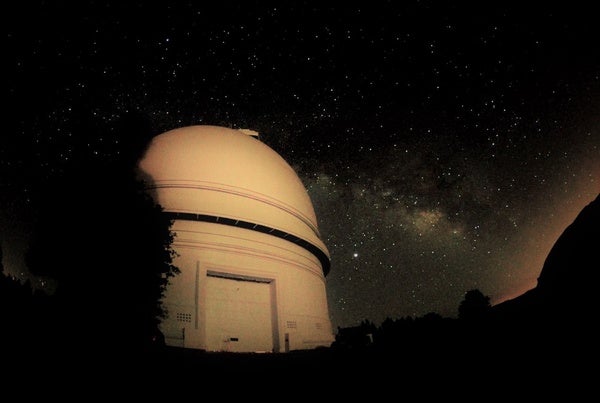 |
| Space Missing Memories of the Universe With observatories shut down due to the pandemic, the photons that reveal the secrets of the cosmos can't be recorded or decoded By Rebecca Oppenheimer | |
| |
| |
| Environment The Tragedy of the Compost Most food waste gets thrown into landfills rather than being recycled—but one abandoned dump is getting a makeover | | | | |
| Engineering Science News Briefs from All Over Here are some brief reports about science and technology from around the planet, including one about an incredibly well-preserved horned lark (Eremophila alpestris), like the one pictured, that lived 46,000 years ago. |  | By Sarah Lewin Frasier | 01:55 | | | |
| |
| |
| |
FROM THE STORE
 | | New Frontiers in Alzheimer's Until recently, one idea has dominated research in treating Alzheimer's disease: the amyloid hypothesis. Those therapies have repeatedly fallen short, and in this eBook we take a look at where that hypothesis stands today. We examine recent research into the spectrum of disease causes, including inflammation and immune dysfunction; cutting-edge treatments, including deep-brain stimulation and magnetic resonance–guided focused ultrasound; as well as lifestyle interventions that can help protect from disease. |  | | |
| |
FROM THE ARCHIVE
 | | Why Cops Lose Control What research shows about police violence and how to prevent it By Rachel Nuwer | November 2015 | | |
FROM THE ARCHIVE
 | | | |
| QUOTE OF THE DAY
 "You're not to be so blind with patriotism that you can't face reality. Wrong is wrong, no matter who does it or says it." Malcolm X, "By Any Means Necessary" | |
LATEST ISSUES
 |
| |
| Questions? Comments?  | |
| Download the Scientific American App |
| |
| |



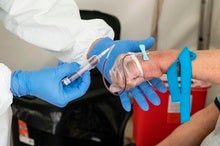
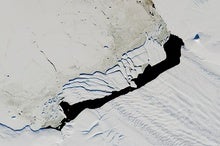
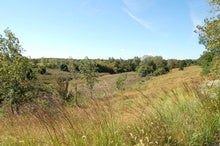


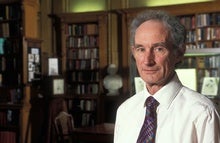

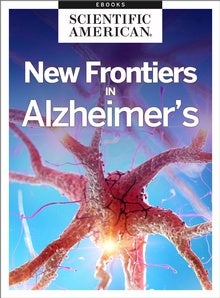

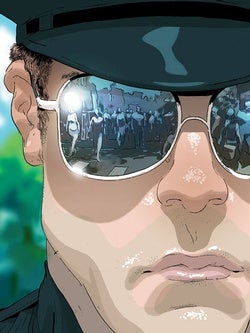

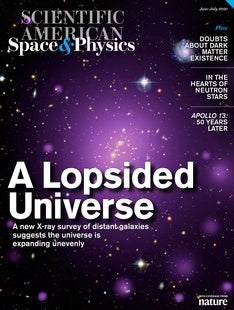

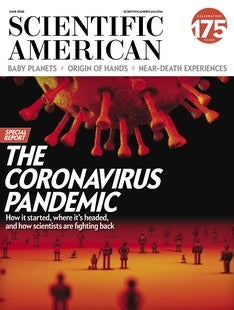
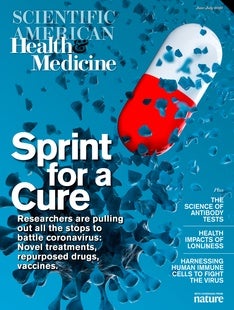
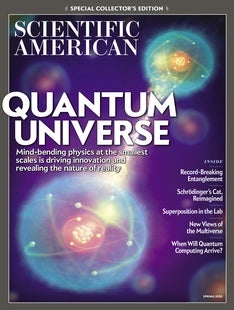



Comments
Post a Comment